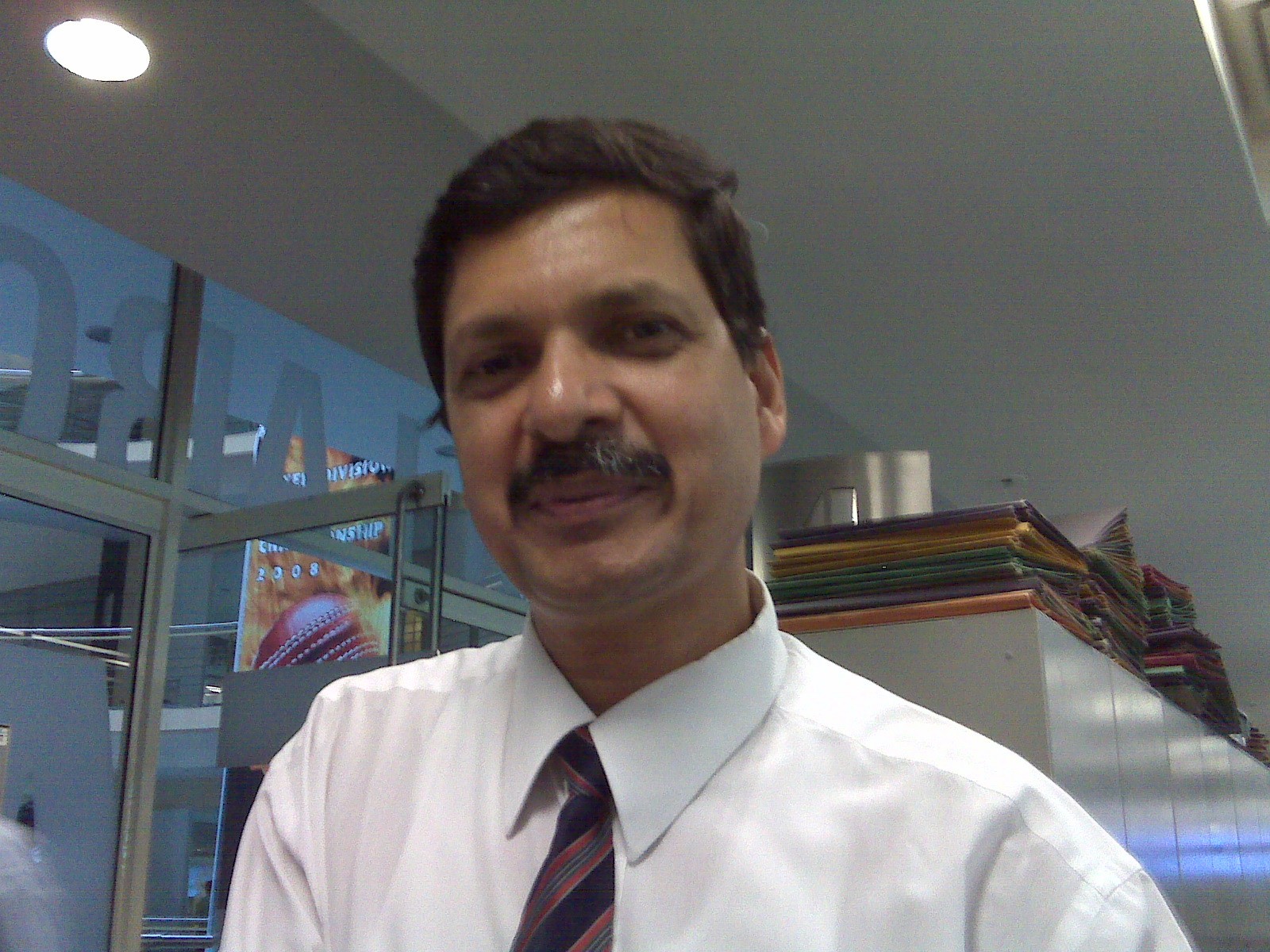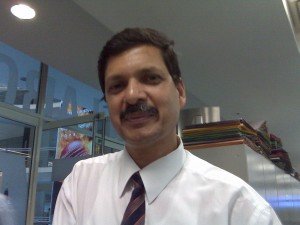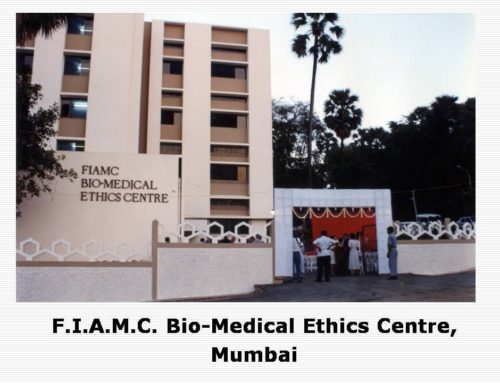Catholic physician: India world capital of wombs- for- rent
Nirmala Carvalho
Every year 6 million abortions are registered in India, that is 26 per 1,000 women of reproductive age. Despite the law prohibiting the practice of sex selection in pre-natal testing, many girls continue to be aborted. The issue of an aging population, especially in rural areas. The elderly “are abandoned and discriminated against on the basis of the status and social belonging. But the Church welcomes many gratuitously. ” After the government, the Church is the largest provider of health services.
Mumbai (AsiaNews) – The boom “of surrogacy in India has given it the title of world capital for wombs to rent”, AsiaNews is told by Dr. Pascoal Carvalho, a member of the Pontifical Academy for Life. The physician was commenting on the massive increase in couples – mostly foreign – “renting” the wombs of pregnant women, much “cheaper” in India than in Western countries.
The Catholic doctor, who is also a member of the Diocesan Commission for human life, reports that India is one of the countries where it is easiest to have an abortion: “Estimates report over 6 million abortions each year nationwide. This means that 26 of every 1,000 women of reproductive age do not give birth to their child. “
Dr. Carvalho is currently in Rome for the plenary of the Pontifical Academy for Life, whose participants were received yesterday by the Pope. Picking up on Francis’ warning against the culture of “commodification” of life and the “ideological colonization”, the doctor points out that couples who decide to have an abortion in India must undergo careful scrutiny. The services “for safe abortion – he says – are for those cases that must be reported to the district board”. But then, he continues, “even though we have the Pre-Natal Diagnostic Techniques Act of 1994 – which prohibits tests for the determination of the sex – the tests are still done and the murder of the fetus committed”.
Discriminatory practices against females are still quite common in India, where the “deep-rooted cultural norms consider women inferior to man.” In this era of secularism and technology, he adds, “The challenge of modern medicine is to provide patients treatments that first of all respectful the human person. In 2014 the Symposium of the Commission for Theology and the Doctrine of the Episcopal Conference of Latin Rite bishops (CCBI) asked for a ban on surrogacy and euthanasia”.
While “the culture of death seems to be gaining ground – he continues -, the culture of life is defended and promoted ardently in all its forms by the Catholic Church. Although the Christian community in India is tiny (2.3% of the population), about 130 thousand people work in health or educational facilities. Religious, lay people and volunteers are engaged in 4,760 medical facilities, including six medical colleges and 740 hospitals”.
Dr. Carvalho said: “After the government, the Church is the largest health care provider. It is estimated that the Christian community manages 22% of the facilities and health programs, of which 85% are located in remote areas “.
A special place is reserved for the care of the elderly, also by virtue of the fact that it is expected that in 2050 the over-sixties will exceed those under 14 years. “The situation is even more challenging because 80% of the elderly live in rural areas, and 30% of them live below the poverty line. India is a close 73rd place out of 91 Countries Global Retirement Index (Gawi). The Church has 678 training centers and 443 rehabilitation centers for the elderly and disabled. Across the country it runs 615 hospices, caring for almost 18,500 elderly, mostly sick and abandoned by their families, free of charge”.
Unfortunately, he says in conclusion, “there are also many restrictions in access to care, given by the social barriers of gender or religion, caste, status. Instead the Church is founded on the creation of the image of God and constantly reaffirms the faith, love and hope of Jesus Christ, especially in this Jubilee of Mercy “.











